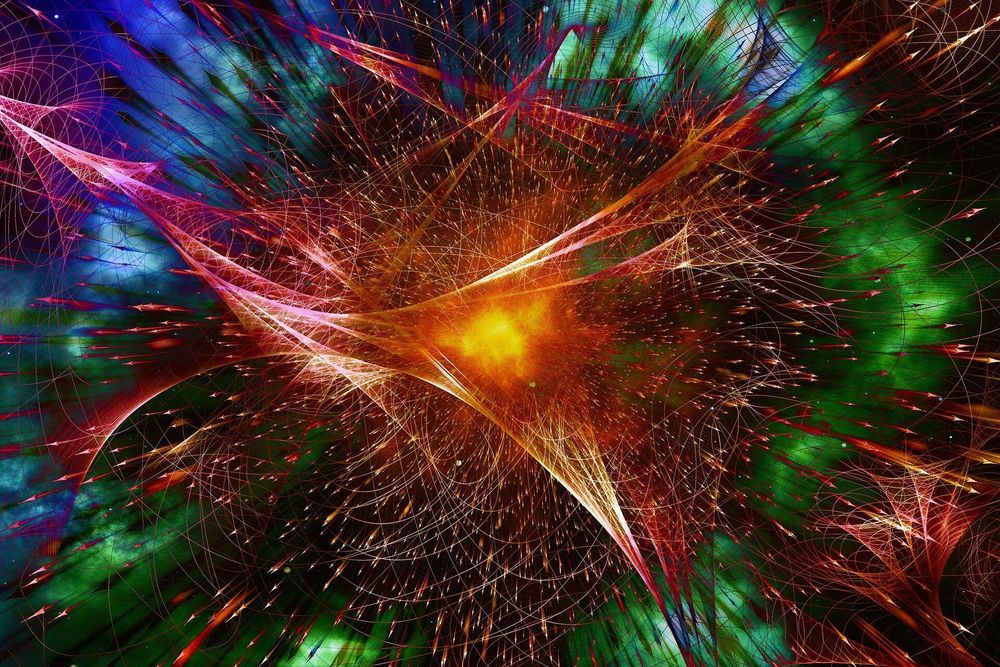Yale physicists have developed an error-correcting cat—a new device that combines the Schrödinger’s cat concept of superposition (a physical system existing in two states at once) with the ability to fix some of the trickiest errors in a quantum computation.
It is Yale’s latest breakthrough in the effort to master and manipulate the physics necessary for a useful quantum computer: Correcting the stream of errors that crop up among fragile bits of quantum information, called qubits, while performing a task.
A new study reporting on the discovery appears in the journal Nature. The senior author is Michel Devoret, Yale’s F.W. Beinecke Professor of Applied Physics and Physics. The study’s co-first authors are Alexander Grimm, a former postdoctoral associate in Devoret’s lab who is now a tenure-track scientist at the Paul Scherrer Institute in Switzerland, and Nicholas Frattini, a graduate student in Devoret’s lab.
